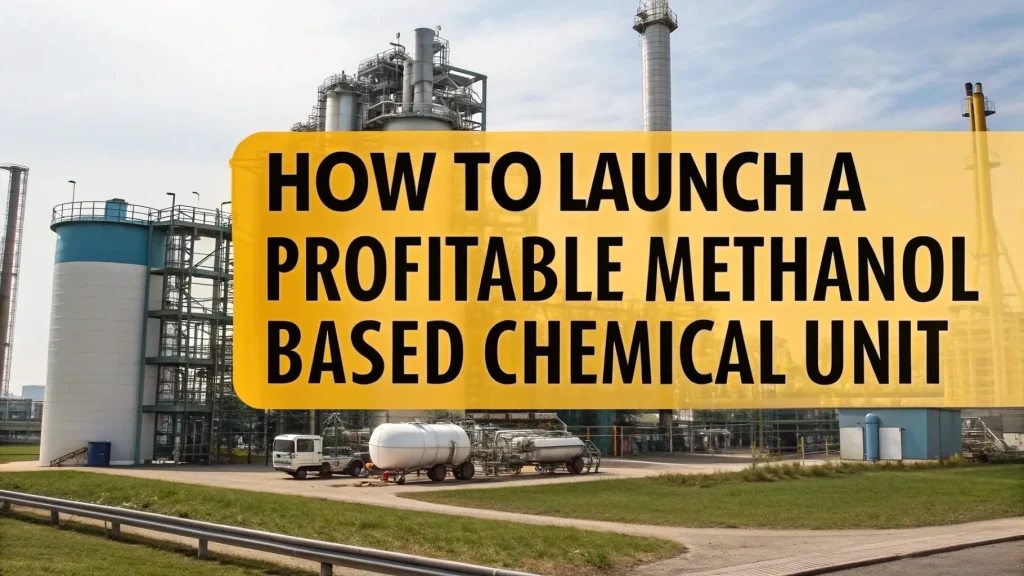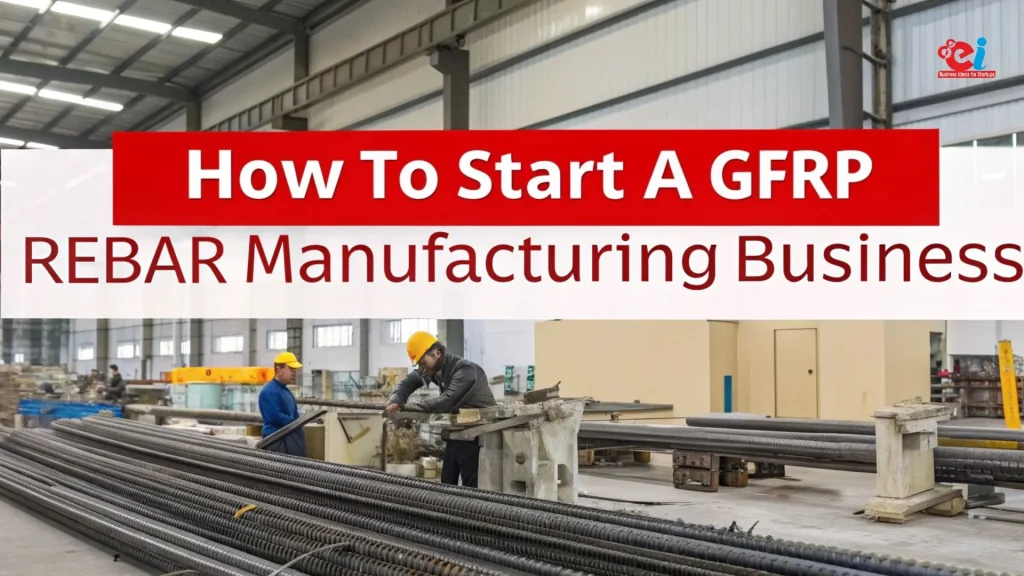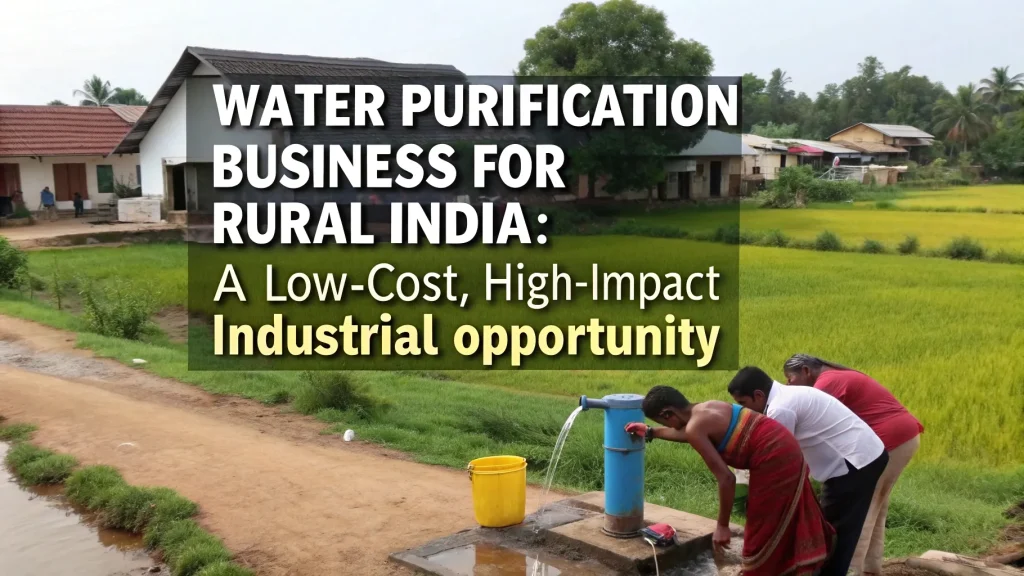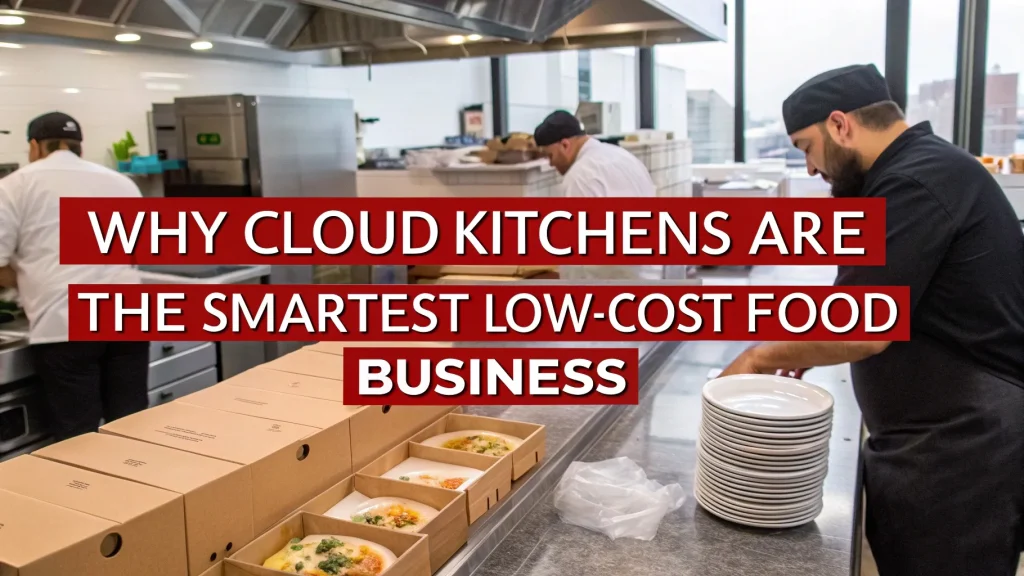Agriculture has always been a cornerstone of India’s economy, and with the ever-growing need to enhance productivity and crop quality, the demand for efficient nutrient solutions is soaring. Among these, Water-Soluble Fertilizer has emerged as a popular choice among modern farmers due to its quick absorption, minimal wastage, and ability to meet crop-specific nutrient demands. Entrepreneurs looking to enter the agrochemical sector can find excellent opportunities in starting a water-soluble fertilizer business. This article outlines everything you need to know to start and succeed in this lucrative venture.
Understanding Water-Soluble Fertilizer and Market Potential
Water-Soluble Fertilizer is a type of fertilizer that dissolves easily in water and is absorbed quickly by plants through fertigation or foliar application. It allows farmers to control the nutrient composition delivered to plants, ensuring maximum efficiency in nutrient uptake. These fertilizers are ideal for high-value crops such as fruits, vegetables, and flowers, which require precise nutrition for optimal growth.
The global and Indian markets for water-soluble fertilizers have witnessed consistent growth. The Indian water-soluble fertilizer market is expected to grow at a CAGR of over 6% during the next few years. This rise is driven by increasing awareness about efficient agricultural practices, government support for fertigation techniques, and a shift toward precision farming. Entrepreneurs with a solid business plan, technical knowledge, and marketing strategies can tap into this expanding market with promising returns.
Step-by-Step Guide to Starting a Water-Soluble Fertilizer Business
1. Conduct Market Research and Feasibility Study
Before launching your water-soluble fertilizer business, conduct a thorough market analysis. Understand the specific needs of farmers in your target region—what crops are commonly grown, the climatic conditions, irrigation methods used, and existing suppliers. Evaluate your competition, pricing models, and customer pain points.
Feasibility studies should assess the availability of raw materials, potential manufacturing partners or equipment suppliers, and logistics for distribution. This groundwork will help you design a product range that meets local demand efficiently.
2. Decide on Business Model and Product Range
You can either set up a manufacturing unit to produce your own brand of Water-Soluble Fertilizer or become a distributor/retailer for established brands. While manufacturing offers higher profit margins and brand control, it requires significant investment in plant, machinery, and licensing. Alternatively, the trading model offers quicker entry and lower capital requirements.
If you opt to manufacture, decide on your product formulations. Common types include:
-
NPK (Nitrogen, Phosphorus, Potassium) blends like 19:19:19 or 13:40:13
-
Micronutrient mixes (Zinc, Iron, Manganese, etc.)
-
Specialized formulas for different crops (horticulture, floriculture)
Work with agricultural scientists or consultants to design formulations that match the local crop and soil needs.
3. Legal Compliance and Licensing
Starting a Water-Soluble Fertilizer business in India requires specific registrations and licenses. These include:
-
FCO Registration (Fertilizer Control Order) from the Department of Agriculture
-
Pollution Control Board Consent for manufacturing units
-
Factory License and Shop & Establishment Act registration
-
GST Registration
-
Trademark registration for your brand, if applicable
Ensure your production complies with the Fertilizer (Control) Order standards to avoid legal issues and product rejection in the market.
4. Set Up Manufacturing Facility (If Applicable)
If you are setting up a manufacturing unit, choose a location with good connectivity to raw materials and target markets. Your facility should include:
-
Mixing and blending equipment
-
Pulverizers and granulators (if making granulated WSF)
-
Quality control lab
-
Packing and labeling machinery
-
Storage area for raw materials and finished goods
Invest in quality testing equipment to ensure every batch meets standard specifications. High product quality builds long-term trust among farmers and retailers.
5. Source Raw Materials and Machinery
For manufacturing Water-Soluble Fertilizer, you will require raw materials such as urea, ammonium phosphate, potassium nitrate, micronutrients, chelating agents, etc. Build relationships with reliable chemical suppliers for consistent and timely delivery.
Choose semi-automatic or fully automatic machinery based on your scale. You can also consider turnkey plant suppliers who provide complete setup solutions, including formulation assistance.
6. Develop Packaging and Branding
Packaging plays a vital role in the agrochemical industry. Use high-quality, moisture-proof, and durable packaging to maintain product integrity. Common pack sizes are 1 kg, 5 kg, and 25 kg, depending on your target farmer segment.
Branding should reflect trust, quality, and productivity. Include clear dosage instructions, crop suitability, and application methods on the label. Launch your product with a unique name and a professionally designed logo to stand out in a competitive market.
7. Build a Strong Distribution Network
To ensure market reach, develop a robust distribution network comprising:
-
Agro dealers and input retailers
-
Agri co-operatives and societies
-
E-commerce platforms (B2B and B2C)
-
Direct-to-farmer models via field agents
Offer attractive margins and training to channel partners. Organize farmer awareness programs, demos, and field trials to build credibility. Consistent product availability and on-ground support can significantly boost your brand presence.
8. Hire Skilled Personnel
For a successful Water-Soluble Fertilizer business, hire the right team. Key roles include:
-
Agronomists and technical experts for formulation and farmer guidance
-
Quality control and lab analysts
-
Production staff
-
Sales and field marketing personnel
-
Supply chain and logistics managers
Ensure your team undergoes regular training on product knowledge, application techniques, and customer service.
9. Marketing and Promotion Strategies
Marketing is critical to building brand identity and trust in the agricultural sector. Effective strategies include:
-
Participating in agricultural fairs and expos
-
Conducting farmer field days and soil health camps
-
Distributing free samples for trial
-
Publishing educational content (videos, brochures) in local languages
-
Partnering with agri influencers and Krishi Kendras
Leverage digital marketing channels like WhatsApp groups, YouTube, and Facebook pages that target farming communities to enhance your reach.
10. Ensure Continuous Product Innovation
Agriculture is constantly evolving, and so are the needs of farmers. Innovate regularly by introducing:
-
Crop-specific customized formulations
-
Water-soluble biofertilizers
-
Organic-certified WSF products
-
Environmentally friendly packaging solutions
Stay in touch with farmer feedback, agricultural research updates, and market trends to remain relevant and competitive.
Investment, Profit Margin, and ROI
Starting a small-scale Water-Soluble Fertilizer manufacturing unit may require an investment of ?20–?50 lakhs, including land, machinery, licenses, raw materials, and working capital. Larger units may need ?1 crore or more. If opting for a trading model, ?5–?10 lakhs is sufficient.
Profit margins in this business are generally between 20%–35%, depending on the product range, branding, and market strategy. With proper execution, a return on investment (ROI) is achievable within 2–3 years.
Challenges in the Business
While the Water-Soluble Fertilizer industry offers excellent opportunities, be prepared to face challenges such as:
-
Raw material price fluctuations
-
Regulatory changes and compliance issues
-
Farmer resistance to new products
-
Seasonality in demand
-
High initial marketing and education costs
Mitigating these through proactive planning, strong supplier networks, and continuous farmer engagement will help ensure sustainability.
Final Thoughts
The demand for efficient and targeted plant nutrition is only going to grow with the rise in commercial farming and export-oriented agriculture. Starting a Water-Soluble Fertilizer business positions you at the center of this growth, offering a high-impact, high-return opportunity. With proper planning, adherence to regulations, a solid product line, and dedicated marketing efforts, you can establish a successful and reputable presence in the agrochemical industry.
Visit the page Select and Choose the Right Business Startup for You for sorting out the questions arising in your mind before starting any business and know which start-up you can plan. We, at NPCS, endeavor to make business selection a simple and convenient step for any entrepreneur/startup. Our expert team, by capitalizing on its dexterity and decade’s long experience in the field, has created a list of profitable ventures for entrepreneurs who wish to diversify or venture. The list so mentioned is updated regularly to give you a regular dose of new emerging opportunities.




